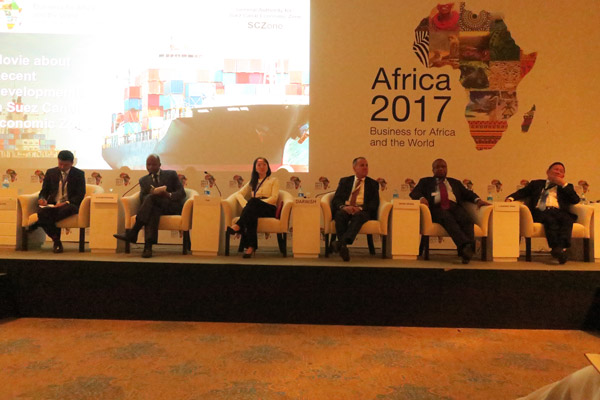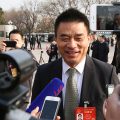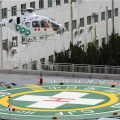
Special economic zones (SEZs) will generate quality jobs over a very short period of time, a combination urgently needed in Africa, said Chinese entrepreneur Helen Hai.
Hai, who also doubles as the United Nations Industrial Development Organization’s goodwill ambassador, however advised the continent that it needs to correctly identify a sustainable growth path, which might be different from others, and will uniquely address its prevailing issues while solving the growing youth bulge.
She was speaking during the Africa 2017 Forum at Sharm El- Sheikh in Egypt where heads of states and government and business leaders in Africa have gathered to discuss business and development issues in the continent.
“If Africa fails to generate enough jobs for the youth, insecurity born out of unemployment will not only pose a danger to the continent, but Europe and the globe at large,” said Hai who is the CEO of Made in Africa initiative China, that advises African governments on industrialization and investment promotion. “This is not an African problem but a global one. A solution needs to be inclusive, that leaves no one behind.”
She was part of a panel of experts that discussed how SEZs can be catalysts of industrialization and diversified growth especially to countries such as Nigeria, which for a long time have been oil dependant.
Li Kwong Wing, the chairman of SBM Holdings Ltd in Mauritius, said Africa can only overcome competition and increased protectionism witnessed in the global market today by becoming more innovative. “We have had home grown technology such as M-pesa from Kenya, a mobile money transfer solution, that has been revolutionary. With the right partnerships and growth path, Africa can compete.”
On challenges facing development of SEZs in landlocked countries, Gagan Gupta, the CEO of Gabon Special Economic Zone, said these countries can develop partnerships based on their shared competitive advantages.
The business and investment forum has attracted a number of African heads of states among them Paul Kagame of Rwanda, Alassane Ouattara of Ivory Coast and Alpha Condé, President of Guinean among others.
The meeting has brought together about 1,000 participants and is the second one held under the high patronage of Egyptian President Abdel-Fattah Al-Sisi.


